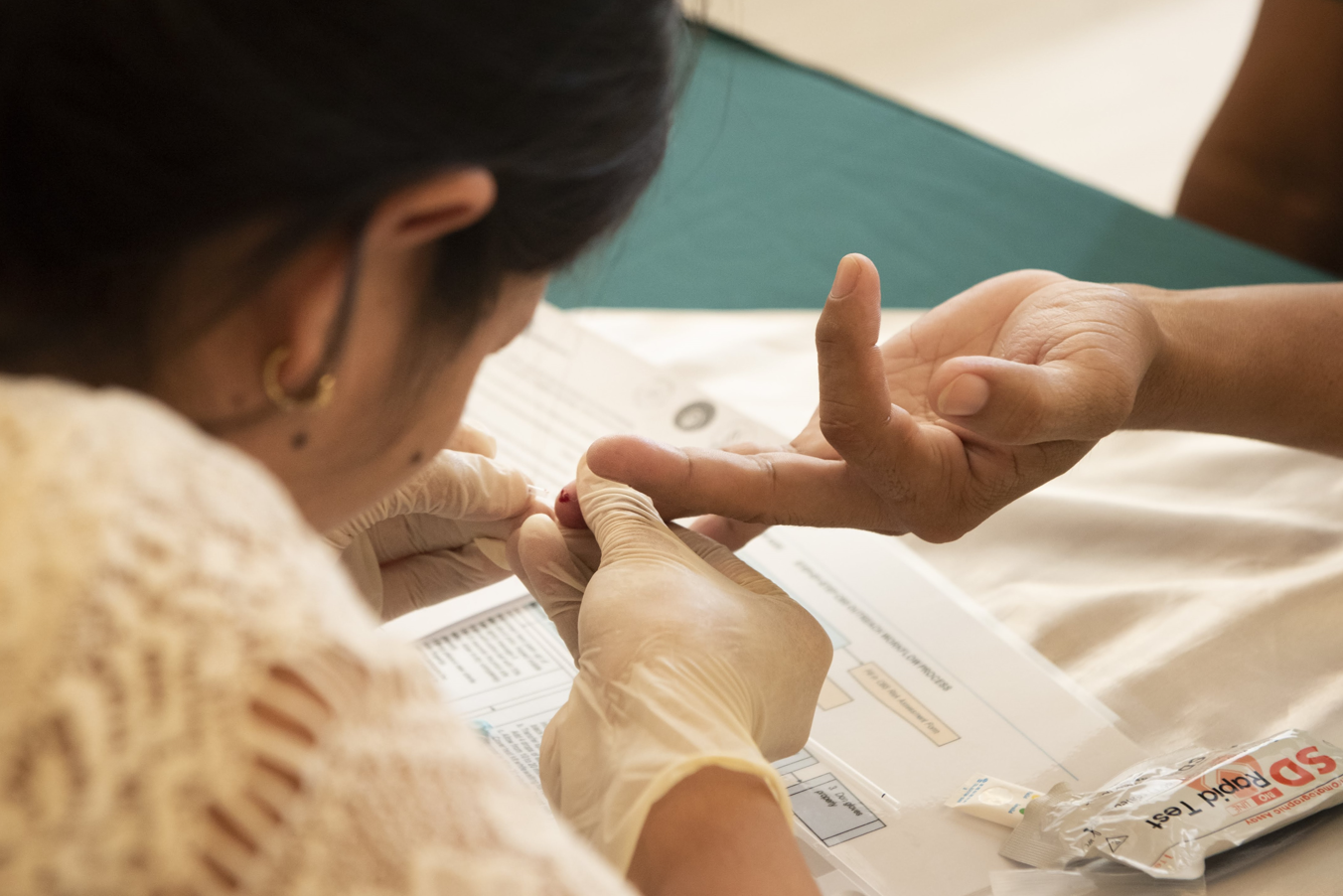Marcus Swanepoel
I’ve been looking at the HIV numbers here in the Philippines, and it’s both alarming and frustrating that they’re mostly ignored by the media and government departments that should be addressing the issue. HIV is the silent stalker that is coming for the Filipino youth.
The epidemic, once described as “low and slow,” has transformed into the fastest-growing in the Western Pacific. From just four new cases per month before 2010, the country now sees 58 new cases every day—a staggering 43,000% increase in daily incidence over the past 15 years.
While global HIV cases and AIDS-related deaths are declining, the Philippines is bucking the trend. Late presentation in care remains a concern, with 29% of new cases in January 2023 already showing advanced HIV disease at the time of diagnosis. Fear of a positive diagnosis, stigma, lack of confidentiality, judgmental healthcare providers, and lack of resources to get tested perpetuate this problem.
It’s young people who are getting HIV. Over 75% are under the age of 35 – not good from an economic or health perspective. It also means that if these young people don’t know their status, they have a long time to infect others.
Almost all people with HIV (PWH) in the country are contracting HIV from unprotected sex. Ninety six percent. Sure, Cebu has an issue with sharing needles, but it’s just 2% of all known cases.
The vast majority of people getting the virus are men who have sex with men (MSM). And before you think it’s just an issue for MSM, you know what else is increasing in the Philippines? Teenage pregnancy and sexually transmitted infections.
Research has shown that there is a lag – one to two years – between when Filipino teens start having sex and when they start using condoms. And even after that, many don’t use condoms consistently.
Given that HIV and teen pregnancy are two sides of the same coin, you’d expect the Department of Education (DepEd) would be teaching young people comprehensive sexuality education (CSE) as mandated by the 2012 Responsible Parenthood and Reproductive Health Act and the 2018 HIV and AIDS Policy Act. Sadly not. DepEd isn’t training teachers to do so.
You’d also expect the Department of Health (DOH) to be promoting condoms at every opportunity, but its website does not even mention condoms on the HIV page. The current prevention strategy is test and treat. Wild, when you consider that HIV is still incurable. Surely prevention is better.
But let’s give DOH the benefit of the doubt and take a look at the test and treat strategy.
The HIV and AIDS Law (RA 11166) expanded access to HIV testing and treatment, allowing minors aged 15–17 to be tested without parental consent and introducing community-based and self-testing options.
More people tested means more positive cases found. The number of treatment hubs and primary HIV care facilities continues to increase but, according to the DOH, a third of all diagnosed individuals are not getting life-saving antiretroviral therapy.
PhilHealth reimbursements for HIV treatment are inconsistent, leaving facilities underfunded and care disrupted. As of mid-2023, the estimated cost to provide basic care (medicines, treatment of non-opportunistic infections, and hospitalizations, etc.) for all known cases was P3.5 billion annually, with additional billions needed for new cases. Like a snowball, the cost will continue to compound.
At the local level, non-government organizations like Roots of Health are stepping up to fill the gaps.
To prevent transmission, we’ve partnered with DepEd Palawan and Sanguniang Kabataan (SK) and taught sex ed to 100,000 young people. We partnered with DOH and the Commission on Population and Development and reached 60 million on social media with reliable sexual and reproductive health information. We also distributed over 200,000 condoms across the province over the years.
To support testing and treatment, we directly trained 600 community-based screeners and collaborated with community-based organizations and SKs to screen 5,000 at-risk individuals. We linked those who tested positive to care.
Honestly, it’s not enough. We need the adults to put their discomfort aside and do better. We need teachers to teach students about the risks. We need health workers to cut the judgment and give young people condoms without having to provide IDs. Nobody wants young people having sex before they are ready, but that ship has sailed. It’s happening. The best we can do is prepare them and keep them as safe and protected as we can.
If HIV were a regular disease, the focus would be on prevention. But because adults are uncomfortable talking about sex, especially with young people, HIV is left to spread amongst the unwitting. Let’s hope the DOH under Dr. Teddy Herbosa takes it seriously.
In the meantime, talk to the young people in your life about consent, condoms, and contraception. It could literally save their life. #





